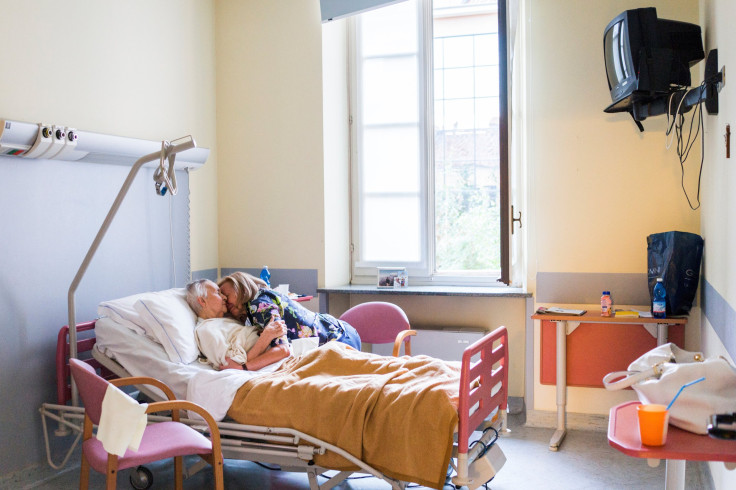Life after death confirmed by British scientists; Consciousness persists even after the heart stops beating

British scientists have confirmed life after death and have revealed that consciousness continues even after the physical body is dead. The scientists studied more than 2,000 people and confirmed that thought persists after death. The experts also have convincing evidence of an out-of-body experience for a patient who was declared dead by doctors.
According to The Sun, the new study suggests that people continue to experience awareness even three minutes after death. This is stark contrast from the belief that brain ceases all activity 30 seconds after the heart stops and that awareness stops at the same time.
Out of the 2,060 cardiac arrest patients who were studied, 40 percent said that they were able to recall some form of awareness after being pronounced dead clinically. The patients were from the UK, America and Austria.
Dr. Sam Parnia, Assistant Professor of Critical Care Medicine and Director of Resuscitation Research at The State University of New York at Stony Brook, USA, and the study’s lead author, said that people may have mental activity initially but they quickly lose the memories after recovery. This may be because of the effects of sedative drugs or brain injury on memory recall.
“Contrary to perception, death is not a specific moment but a potentially reversible process that occurs after any severe illness or accident causes the heart, lungs and brain to cease functioning. If attempts are made to reverse this process, it is referred to as ‘cardiac arrest’; however, if these attempts do not succeed it is called ‘death,’” Parnia had said in a 2014 statement.
Only two percent of the respondents said that they had an outer body experience where they were totally aware of the surroundings after their death. About half of the respondents, however, experienced fear and not awareness.
The most interesting and significant finding of the study was that of a 57-year-old man who was able to recall what was happening around him after a cardiac arrest and temporarily dying. He described the events with such eerie accuracy that his is believed to be the first confirmed out-of-body experience in a patient.
“This is significant, since it has often been assumed that experiences in relation to death are likely hallucinations or illusions occurring either before the heart stops or after the heart has been successfully restarted, but not an experience corresponding with ‘real’ events when the heart isn’t beating,” Parnia explained.






